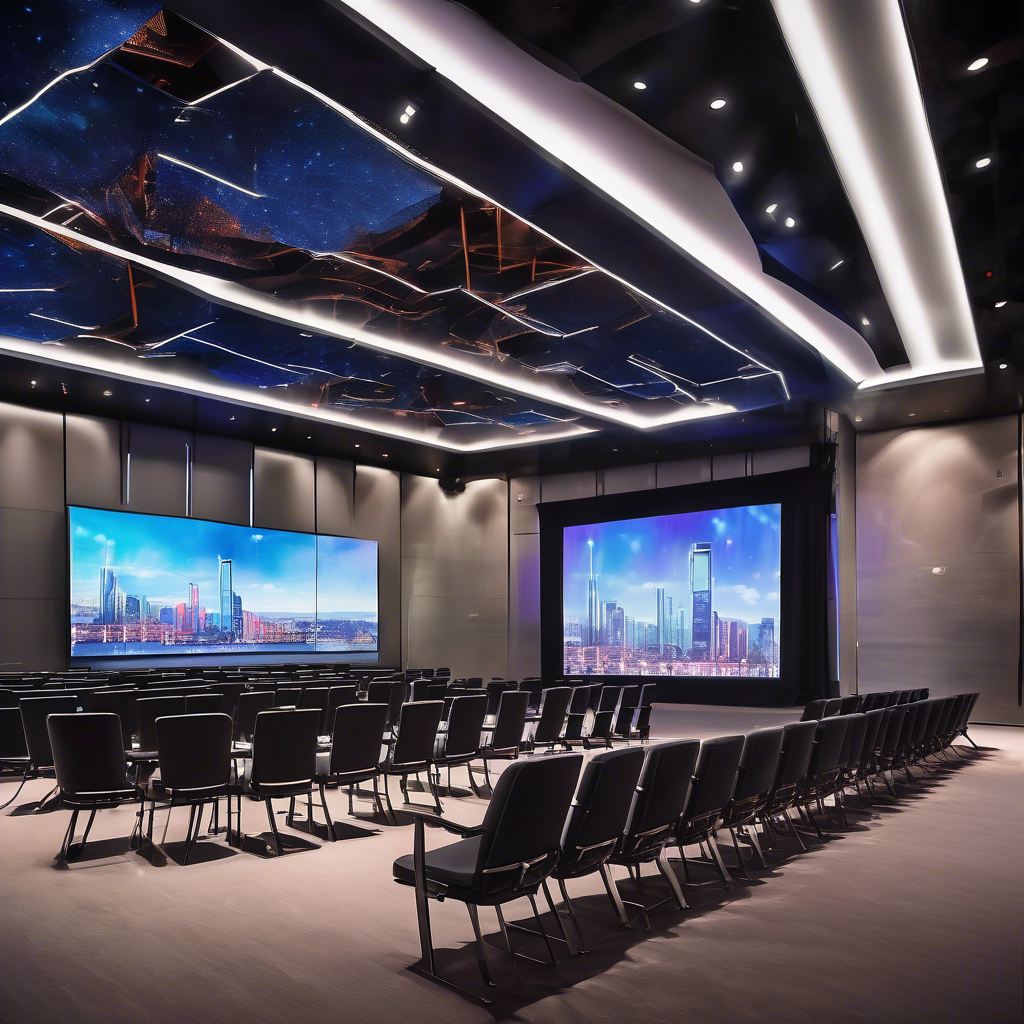
The 2025 Oncology Nursing Society (ONS) Congress, held last month in Denver, proved to be a vibrant and insightful gathering for oncology nurses, researchers, and healthcare professionals from across the United States. Celebrating its 50th year, the Congress provided a platform where the latest advances in oncology nursing were shared, discussed, and celebrated. Nurses from Fred Hutch Cancer Center, known for their rigorous coupling of clinical care with research and evidence-based practice, were among the prominent participants presenting their innovative work. This milestone Congress not only reflected on the rich history of oncology nursing dating back to 1975 but also illuminated the future trajectory of this vital field.
A standout theme of the Congress was the integration of cutting-edge technology into nursing practice, particularly the use of virtual reality (VR) and artificial intelligence (AI). Nearly half of the Fred Hutch attendees were fascinated by VR’s application in staff training and acute patient care scenarios. These immersive simulations ranged from urgent procedural training—such as swift retrieval of items from a virtual code cart—to complex hypersensitivity reaction scenarios, all contributing significantly to improved nurse readiness and confidence. VR’s gamification elements showed particular promise in transforming mundane yet critical training processes into engaging learning experiences, enhancing skill retention and on-the-spot decision-making. This innovative edge in nursing education highlights how technology is reshaping not only patient care but also the professional development of care providers.
Parallel to VR, the Congress underscored the transformative potential of AI in oncology nursing. AI’s role was explored in areas such as case study development, where tailored prompts and terminology provided enriched educational tools that nurses at Fred Hutch are already seeking to replicate. The responsible use of AI in clinical care was a highlighted concern, emphasizing nursing’s pivotal role in advocating for equitable, safe application of these technologies. AI’s practical usage is already underway at Fred Hutch, exemplified by AI-driven colonoscopy scan analysis. Moreover, Fred Hutch’s leadership in the Cancer AI Alliance (CAIA), a collaboration among top National Cancer Institute-designated cancer centers, signals a concerted effort to harness AI’s data-crunching power while safeguarding patient privacy and data security. This alliance is poised to accelerate breakthroughs in cancer research and treatment, reaffirming the importance of interdisciplinary cooperation.
Another significant area of focus at the Congress was infusion delivery, a critical component of oncology nursing care. Insights shared by Fred Hutch’s Marie Hale Wilson shed light on evidence-based recommendations for titrating taxanes, chemotherapy drugs requiring delicate dose adjustments. Other attendees brought attention to novel, patient-centered strategies such as using aromatherapy to reduce anxiety during infusions—a simple yet effective intervention that oncology nurses can readily implement. Moreover, new approaches to managing allergic reactions during infusions were discussed. Traditional pre-medications often cause drowsiness, a barrier to timely reaction detection. Some institutions, adapting their protocols, switched to less sedating alternatives that keep patients alert, thus facilitating earlier recognition and treatment of adverse reactions. These pragmatic improvements illustrate an ongoing commitment within oncology nursing to refine patient comfort and safety alongside therapeutic efficacy.
Beyond technology and clinical procedures, the Congress featured enriching discussions on patient education, clinical trials, and emerging therapies. Innovative methods to prepare patients for treatments, like educational videos sent through patient portals ahead of radiation therapy, help demystify procedures and alleviate anxiety. Addressing the sometimes blurry lines between clinical trial nursing and research staff roles, sessions focused on shadowing and cross-education to improve communication and patient experience. The advance of immunotherapies and bispecific antibodies in multiple myeloma treatment captivated many attendees, showcasing tangible progress in one of cancer nursing’s critical areas. Reflecting on the Congress, Fred Hutch nurses expressed pride in their center’s longstanding leadership and practice excellence, while embracing continual improvement through shared knowledge and collaboration. Supported by scholarship funds, these nurses returned not only with fresh insights but renewed energy to push oncology nursing forward.
The 2025 ONS Congress was a testament to the dynamic and evolving landscape of oncology nursing—a field at the nexus of compassionate patient care, rigorous research, and technological innovation. Virtual reality and AI are no longer futuristic tools but practical, impactful instruments enhancing education and clinical decision-making. Efforts in infusion delivery optimization and patient-centered education exemplify the profession’s dedication to excellence and empathetic care. As oncology nursing celebrates its 50 years, it concurrently charts bold steps toward the future, fostering interdisciplinary partnerships and embracing new technologies to improve outcomes for patients worldwide. For those in the cancer care continuum, these lessons from the Congress affirm that groundbreaking science and heartfelt nursing care are profoundly intertwined, driving progress one patient at a time.
#OncologyNursing #VirtualRealityInNursing #ArtificialIntelligence #CancerCareInnovation #ONS2025 #FredHutchCancerCenter #NursingEducation
Leave a Reply